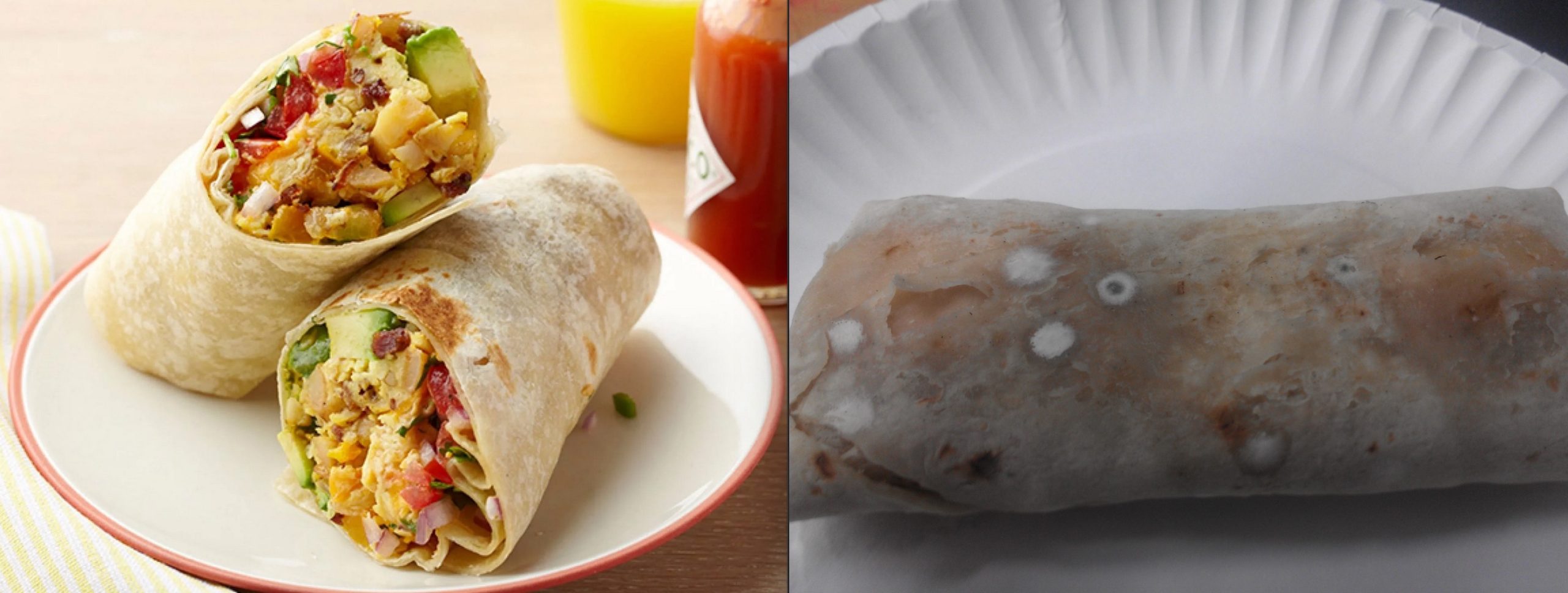I am a recovering perfectionist. When I click “Publish” and this post goes live on the blog that bears my name, I will not be happy with it. “It could have been so much better,” I’ll think, “If only I’d spent more time and energy making it so.”
But I will still click “Publish.” We can’t let the perfect be the enemy of the good. Our fears of judgement, criticism, and ridicule can’t prevent us from sharing our ideas and creations out in the open.
That is how we can improve and refine our thinking.
Because, if we’re lucky, some well-qualified people will judge, criticize, and ridicule our work.
The following is adapted from Chapter 6 of Academy of One.
Don’t you judge me.
The phrase has become a parody of itself. It can be funny when it’s meant to be. But it also typifies a post-Jerry Springer culture. People who should feel ashamed of their behavior no longer do. Instead, they brazenly attempt to make their problems our problem.
Shame has largely disappeared from social contact. When was the last time you saw a public figure show genuine remorse for something they did that was clearly bad, wrong, reprehensible, and/or completely embarrassing? The Houston Astros cheated their way into the 2017 World Series, and five years later not a single one of them has offered a believable apology.
Last year, the World Economic Forum identified youth disillusionment as a global risk. Young people have become disillusioned in large part because adult public figures and institutions have not acted credibly. The Astros, the leaders of several well-known countries (including the last president of this one), and celebrities of all stripes have created confusion by acting like the ends justify the means, or something is only wrong if you get caught.
Open-Source Learning takes the concept of merit seriously and literally. We aim for excellence and we believe we can do better.
So, please be clear on this point: Of course we’re going to judge you.
Here, to illustrate the value of judgement, is food.
THE BREAKFAST BURRITO PRINCIPLE
In front of you are two breakfast burritos. The first burrito was prepared by the loving hands of the most skilled chef you can imagine. It is piping hot. Steam rises from the soft homemade tortilla. The tortilla embraces fresh cubed Yukon gold potatoes, eggs from happy, local pastured hens, green chiles, and fresh cilantro from the garden. And, mmm… the chorizo.
The second burrito is the product of a frozen food company that took over a converted auto parts factory next to a waste water treatment plant. It smells like freezer. It has been frozen, thawed, and frozen again, then microwaved. The hardened ends are warm, but you can still see ice crystals in the middle. This burrito has blue spots and is hairy with mold.
You get to choose one burrito.
Are you ready to judge now?
(Note: A very skilled practitioner of Non-Violent Communication techniques once told me that thinking in terms of “right” and “wrong” limits our ability to connect with one another. She’s right, and I’m good with that. It may be hard to connect when you feel like someone is judging you – but it’s harder still when you’re puking.)
Judging – being able to evaluate what is of quality and what is good for us – is advantageous in competition and essential to our survival.
Discernment helps us make decisions that range from shopping to ethics to social relationships. Judging quality is a learned skill. If you cannot distinguish what is good for you from what isn’t, you will get sick and die sooner than the rest of us.
BETTER THAN TESTING
The data students generate through Open-Source Learning provides a rich alternative to test scores. The original content and metadata provide insight into what creators are thinking and how they are thinking about it. We can benchmark skills and identify opportunities for improvement, so that graduates have a portfolio of knowledge and skill, and – far more importantly – so that they can recognize when they have a need to learn and execute on a strategy that will meet their needs.
The Bottom Line
This blog post isn’t perfect. It isn’t the best breakfast burrito, and it isn’t the worst. But the fact that I put it here means you can read it and think about it, and we can start a conversation.
So please Contact Me – with all of your judgements, criticisms, and plural noun suggestions for ridicule. Let’s think about ways we can help every learner make a better mental breakfast burrito.
_____
*If you’ve read this far, I want to thank you. I also understand that some people wouldn’t know a good breakfast burrito if it bit them in the face. So, dear reader, I’d like to buy you a breakfast burrito. If you’re in SoCal, let me know and I’ll take you myself. Or just go here anytime in the next week and send me the receipt. Thanks for reading and have a great week. dp
